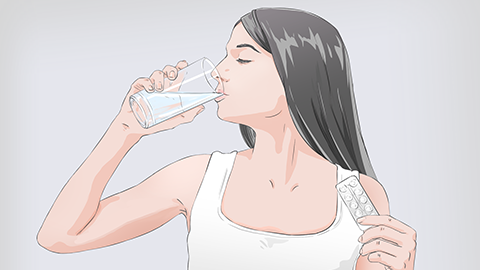Can I take medicine after eating lychee?
Generally speaking, whether one can take medication after eating lychee depends on the specific type of medication, the amount of lychee consumed, and individual health conditions. Detailed analysis is as follows:

Most over-the-counter and some prescription medications do not interact with lychee, so it is generally acceptable to take medication normally as directed by a healthcare provider or indicated on the label after eating lychee. If the medication instructions or a physician have not specifically indicated that the medication must be taken on an empty stomach or with food, and the amount of lychee consumed is moderate, taking medication after eating lychee typically won't cause significant effects.
Lychee contains relatively high levels of sugar and some active compounds, which may interact with certain medications. For example, the sugar content in lychee may affect the efficacy of antidiabetic medications, leading to fluctuations in blood glucose levels. Additionally, some components in lychee might interact with antibiotics, anticoagulants, or medications affecting the nervous system, potentially enhancing or reducing drug effects. Therefore, caution should be exercised when consuming lychee while taking these medications.
During medication therapy, it is important to maintain a balanced diet, avoid excessive consumption of lychee or other high-sugar foods, and prioritize taking medications with plain water to facilitate absorption.








